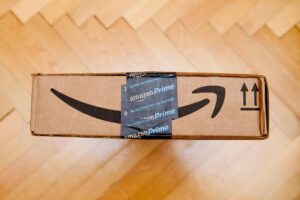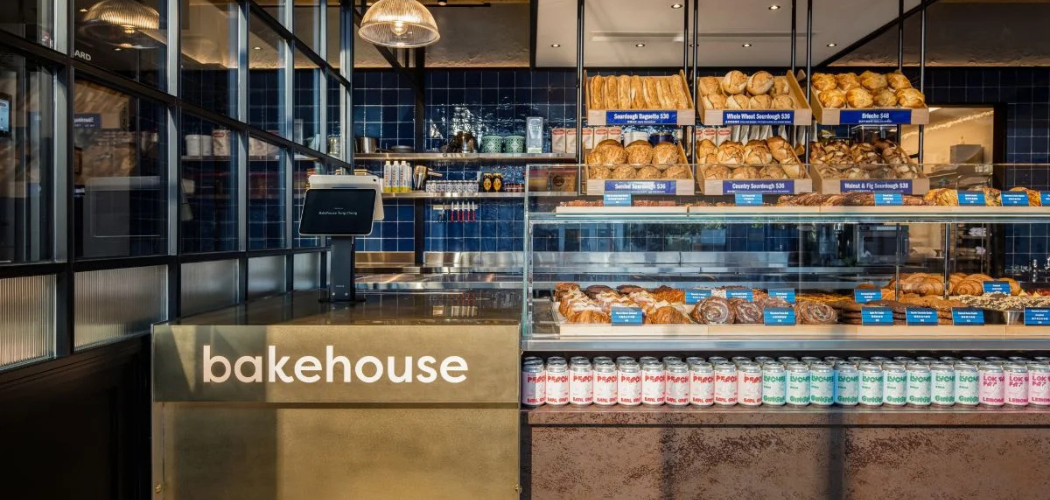
During what retail analysts have dubbed the Retail Apocalypse, retailer quarterly financial reports have followed a familiar pattern. First, the retail issues a disappointing earnings report, during which they blame ecommerce competition, showrooming, or Millennials for their inability to drive sales growth. Next, they announce a round of store closings and other cost-cutting maneuvers designed to plug the leaking boat. And then, the stock drops precipitously as investors bail, which reduces the company’s market cap and further inhibits its ability to right the boat. It’s a death spiral in which more retailers are finding themselves, and there seems to be no way out – unless, as more retail analysts are beginning to note, the retailer invests in customer strategy. An investment in loyalty marketing, analysts note, is becoming a sign that retailers have a plan to thrive in the age of Amazon.
By Rick Ferguson
Take beauty product retailer Ulta Beauty, for example. Despite finding itself under assault for the same reasons that all retailers are now under assault, the retailer exceeded first quarter guidance in 2017 by posting a total sales Increase of 22.5 percent and a comparable sales increase of 14.3 percent. Despite what many analysts back in May described as a “stellar” first quarter, Ulta shares are down 9.1 percent year to date through Tuesday, largely due to the malaise affecting the overall retail sector.
While many analysts remain bearish on retail overall, at least one analyst reiterated its “buy” rating on Ulta. Money quote from CNBC:
“Jefferies reiterated its buy rating on the cosmetics retailer, saying the company's business model is ‘defensible’ against the rising threat of e-commerce. ‘Multi-brand online specialists like Amazon and direct-to-consumer businesses from brands are known threats to Ulta's rate of growth,’ analyst Stephanie Wissink wrote in a note to clients Tuesday. Ulta's ‘model is defensible [with its] emphasis on services, curation, experience, and loyalty.’ She noted that the company's loyalty program now has 24.5 million members that account for 90 percent of Ulta's sales. ‘We think this is under appreciated by the market - the proportion of comp [comparable sales] tied to loyalty and the growth in loyalty still yet to be achieved,’ she wrote.”
That, my friends, is a vote of confidence in Ulta’s loyalty strategy. Ulta’s loyalty program isn’t the only reason the company is bucking industry trends, of course; the company has invested in digital marketing tools to drive e-commerce acquisition, has earned the trust of major cosmetic brands, and has done a fantastic job creating an in-store experience that attracts hard-to-attract Millennials.
Still, the company has cited its loyalty program as a key driver of incremental sales. With 90 percent of its sales coming through the program, the company has seen 8.7 percent transaction growth and a 5.6 percent lift in the average shopper's ticket. The company has also become a true omni-channel business, with strong online sales growth largely incremental to its brick-and-mortar sales, with nearly 10 percent of its loyalty program members now shopping across all channels. By leading with its loyalty program, Ulta is able to measure that incremental behavior, and has the tools in place to reward and recognize customers who engage in that behavior.
Another retailer leveraging loyalty to thrive in the age of Amazon: health and nutrition retailer GNC, which last year launched a new customer-centric “One GNC” initiative that included scrapping its long-running but moribund GNC Gold Card Rewards program in favor of a fee-based (if awkwardly named) myGNC PRO Access program. Launched earlier this year, myGNC PRO Access charges a $39.99 annual fee in exchange for benefits including free shipping, quarterly member-only sales days, and a monthly subscription box mailing that includes personalized product samples, coupons and new products. How’s the new program working? As summarized by a recent Nasdaq report:
- PRO members purchase twice as often and spent significantly more than regular non-PRO customers
- Total enrollment has reached 325,000 members in four months
- PRO members visit physical stores twice as often as non-members
Money quote from Nasdaq:
“With the almost instantaneous success and the increased engagement, GNC has not only started to evolve but is giving modern consumers what they want, while providing them with a positive, mutually beneficial relationship…So, clearly consumers are pining for [loyalty programs], and the retailers that are offering it are reaping the rewards. With increased engagement, spending, frequency of purchase and many other benefits associated with a premium loyalty program, GNC is clearly starting to separate itself from the pack. And GNC is not alone in its quest either, as Gamestop, Best Buy, AMC, and Restoration Hardware have all joined the premium loyalty movement in the last few years."
“With a clear path towards their customers and an ecosystem which will nurture them towards increased loyalty, GNC has stumbled upon a building block, which will sustain them for long-term exponential growth. As more subscribers join myGNC PRO Access, the company will not only see their business evolve but more importantly, they will start to fulfill the customer-centric mission that they embarked on in 2016.”
As we’ve been noting for more than a year now, the Street rewards investment in loyalty marketing because loyalty marketing has proven the most effective means of maintaining or even enhancing your market position in the face of withering competition. If you haven’t yet embarked on your own customer loyalty journey, then what are you waiting for?
Rick Ferguson is Editor in Chief of the Wise Marketer Group.




